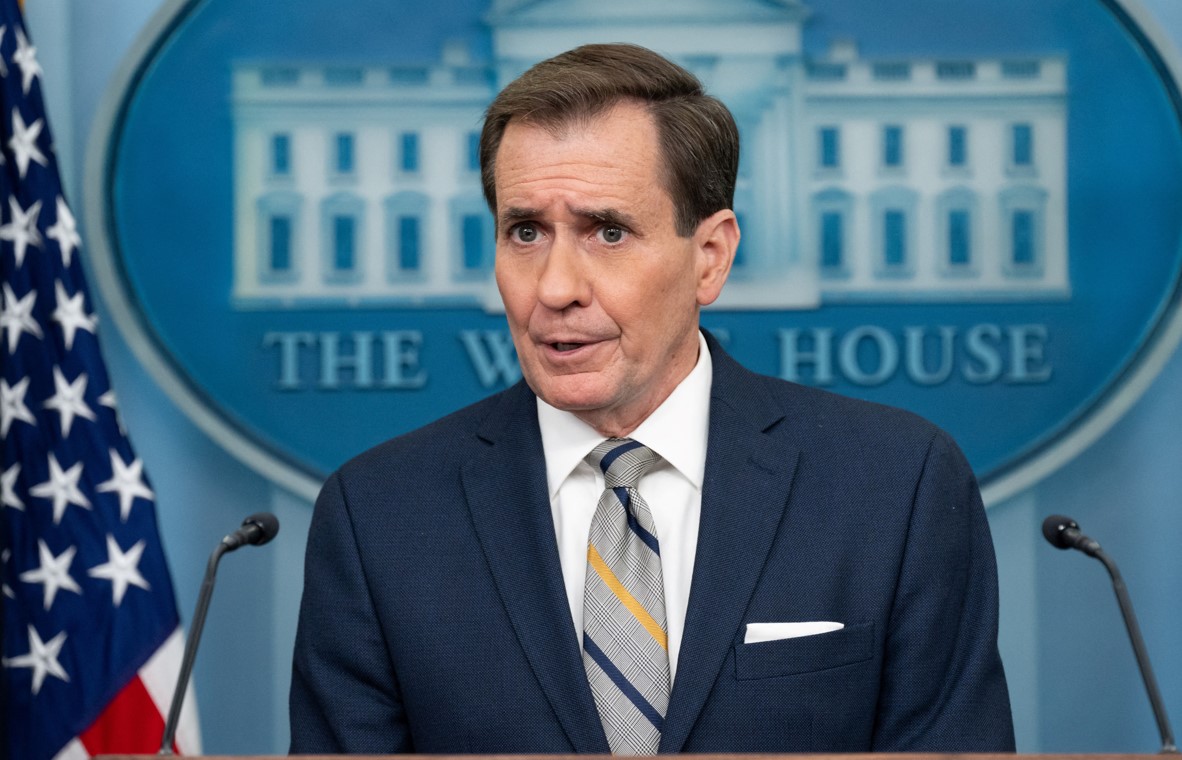US expresses concern over Ethiopia's port deal with Somaliland

The US emphasised that the region cannot afford any further conflict, especially in the face of the persistent threat posed by Al-Shabaab militants.
The White House has raised national security concerns regarding Ethiopia's controversial port deal with Somaliland.
Officials from the administration, including US National Security Council spokesman John Kirby, voiced their worries during a media briefing on Tuesday.
More To Read
- Murkomen urges Turkana to fast-track land allocation for Todonyang immigration post
- Kenyan abducted in Ethiopia freed after Sh3 million ransom, flown home
- Ethiopia cuts foreign debt by Sh2.4 trillion as PM Abiy touts economic independence
- South Sudan, Djibouti, Ethiopia and Uganda seal deal on Horn of Africa transport corridor
- Four-country study finds worrying issues with cancer drug quality in Africa
- Ethiopian quarter: How migrants have shaped a thriving shopping district in South Africa’s city of gold
Kirby emphasised that the United States is actively collaborating with regional partners, such as the African Union and the Intergovernmental Authority on Development (IGAD), to oppose the non-binding memorandum of understanding between Ethiopia and Somaliland.
The Somali government has since described the agreement as "null and void" and lacking legal basis, terming Ethiopia's actions a "blatant aggression" that infringes upon Somalia's sovereignty and territorial integrity.
"We're certainly troubled," Kirby stated, reiterating the US's support for Somalia's sovereignty and territorial integrity.
The US sees the situation as a national security concern due to its potential to embolden Al Shabab militants.
Kirby highlighted the risk, stating, "What we're particularly concerned about is this Memorandum of Understanding inked recently between Ethiopia and Somaliland threatens to disrupt the fight against Al Shabaab."
The deal, signed on January 1, has also raised eyebrows as Ethiopian government spokesman Redwan Hussien indicated that it could pave the way for accessing a leased military base on the Red Sea.
The US emphasised that the region cannot afford any further conflict, especially in the face of the persistent threat posed by Al-Shabaab militants.
Top Stories Today











































